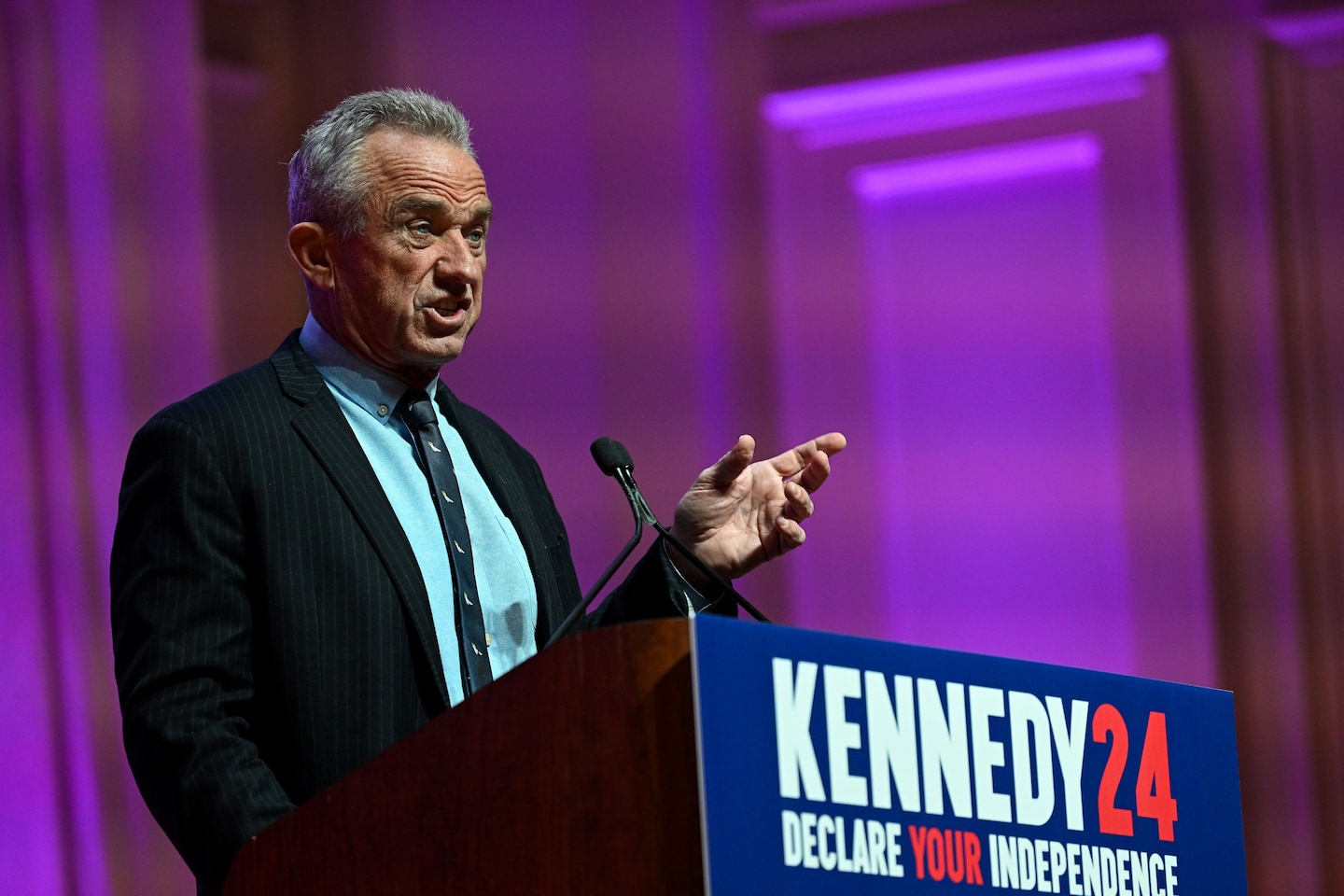If you’re interested in how the government allocates its funds — with approximately half stemming from income taxes — there are numerous avenues for exploration. The White House Office of Management and Budget (OMB) provides detailed data on both revenue (incoming funds) and expenses (outgoing funds) categorized by government agency and time period. With 58 distinct spreadsheets available, there is ample opportunity for analysis.
Additionally, the Government Publishing Office furnishes a variety of budgetary documents, including the budget proposals from presidents, which are typically only partially executed. Alternatively, you can visit USASpending.gov, a government-maintained website, to assess the budgets of individual government entities.
It’s worth noting that delving into line-item expenditures by government agencies isn’t straightforward. Considering that the federal government expends approximately $220,000 every second (based on OMB data), scrutinizing each transaction individually would be a formidable task.
Some of these funds are allocated to costly items like military aircraft, while a significant portion goes towards seemingly mundane supplies such as copy paper, albeit on a massive scale unique to the federal government. This underscores the challenge of overseeing federal spending.
Nevertheless, there are established mechanisms for oversight. Congressional House committees are responsible for monitoring federal departments, and whistleblowers are encouraged to report any suspected malpractice. This system, though imperfect, empowers those closest to the expenditure process — federal employees — to monitor activities while leveraging the scrutiny and transparency desired by political figures.
During a recent rally, independent presidential candidate Robert F. Kennedy Jr. proposed a radical idea.
“We’re planning to utilize blockchain technology for the entire U.S. budget,” he announced in Michigan, “allowing every American to access any budget item around the clock, 24 hours a day.”
This proposal was met with enthusiasm from the crowd.
“We aim to have 300 million sets of eyes on our budget,” he elaborated, “so that any extravagant spending, such as $16,000 on a toilet seat, will be immediately apparent to all.”
While this concept may sound appealing, it raises significant concerns. It aligns seamlessly with Kennedy’s political approach, hinting at a deep skepticism towards governmental efficiency and integrity.
Blockchain technology, in this context, refers to a decentralized, public ledger system akin to a secure, shared spreadsheet where new information can only be added. Originally popularized by cryptocurrencies, such as bitcoin, blockchain records transactions in a transparent manner.
However, applying this technology to the federal budget poses challenges. The specifics of Kennedy’s proposal remain unclear. If it involves transferring existing public budget data to a blockchain, the impact may be limited. Yet, if it entails recording every transaction, the complexity and scale of implementation would be daunting. Moreover, certain government expenditures, like sensitive intelligence operations or classified weapon development, are not intended for public scrutiny. Publicly recording such transactions could jeopardize national security.
Kennedy’s idea reflects a belief that ordinary Americans, rather than the government, should oversee federal spending. This oversimplification of complex systems mirrors his controversial views on vaccination programs, where personal judgment supersedes expert opinion.
The cryptocurrency industry, which thrives on skepticism towards traditional monetary systems, has embraced Kennedy’s proposal. However, the notion of complete budget transparency mirrors the “do-your-own-research” trend, which, while understandable, can lead to misinformation and misinterpretation.
Lawrence Lessig’s cautionary words from 2009 about excessive transparency resonate here. He warned that unrestricted access to vast amounts of data could fuel misinformation and erode trust in the political system.
While advocating for transparency is crucial, the practical implications of unrestricted access to government spending data must be carefully considered. Unlike individual observers, journalists uphold institutional standards of accuracy and fairness. Engaging millions of Americans, driven by diverse motivations, in scrutinizing government spending could yield unpredictable outcomes.
In conclusion, Kennedy’s proposal to blockchain the federal budget reflects a broader trend towards increased transparency, yet it raises complex challenges that necessitate thoughtful evaluation.

